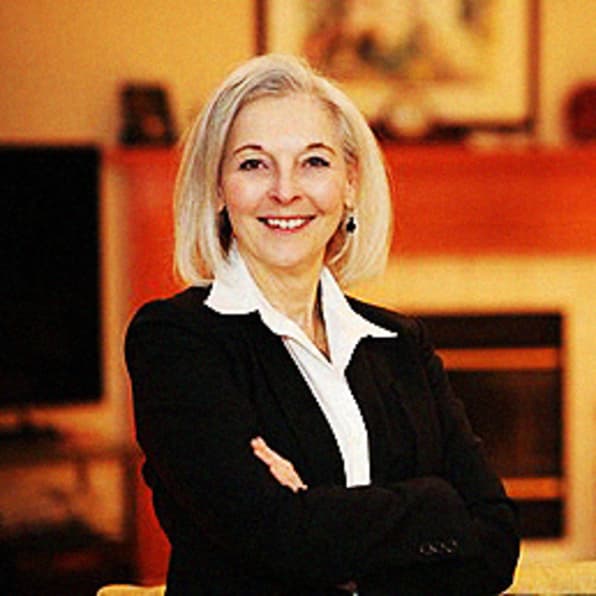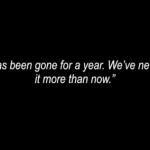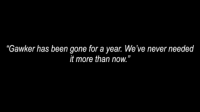Jason Chaffetz May Go Down In 2018 Thanks To This Crowdfunding Utah Doctor
It was a flip remark on health care by Utah Republican Rep. Jason Chaffetz that gave Dr. Kathryn Allen the final push to toss her stethoscope into the political ring. While talking about GOP efforts to dismantle Obamacare, Chaffetz suggested Americans were spending irresponsibly: “Rather than getting that new iPhone that they just love and want to go spend hundreds of dollars on that, maybe they should invest in their own health care,” he told CNN.
Allen, a Democrat and family doctor, was incensed, and she wasn’t alone. The national public blowback against Chaffetz, the powerful chairman of the House Oversight committee, was fast and furious. That was when Allen sent what she calls “tweet 1.0.”
Cell phone vs. health ins. People have to make a choice. Yes they do, Jason! https://t.co/9iuL6an4og
— Dr. Kathie Allen (@kathrynallenmd) March 7, 2017
It included a link to an innovative new way for supporters to contribute: a crowdfunding page hosted by the startup Crowdpac. Allen had been using the platform, which makes it much easier for the average citizen to fund newcomers, for a few weeks by then and had already raised $ 18,000. “I thought I was doing great,” she says.
But she was about to see the real power that social media is having in local, state, and national politics. When noted Donald Trump antagonist Rosie O’Donnell retweeted Allen to her more than 1 million followers, Allen made fundraising history without the help of the political machine. So far, the Utah Democrat has brought in more than $ 564,000 from contributors across the United States, a record-breaking amount of money for a first-time politician.

Donors, says Mason Harrison, Crowdpac’s VP of communication, “often won’t invest in these candidates or give them the time of day.” But crowdfunding can offer newcomers a shot to raise at least some of the funds they need to get their campaign started.
The 2018 midterm is the first election cycle in which Crowdpac has offered its fundraising mechanism, and Allen’s success so far is a big coup, one that should be a wake-up call for the two major parties.
The idea is to “solve some of the problems of political engagement,” says Harrison. Complete party outsiders have no way to contact donors who could help them build a real campaign. But people like Allen—whose campaign Harrison calls a “textbook case study”—are able to prove their worth through small digital donations. Allen says the average donation amount has been between $ 35 and $ 45.
Harrison says Allen is not the only newcomer candidate taking to the site to challenge entrenched incumbents. There’s even a Crowdpac campaign raising funds to post billboards in Utah critical of Chaffetz. And now is the time for more outsiders to enter these races. Kansas just this week saw a special election for its 4th Congressional District where, though the Republicans ultimately prevailed, the race was significantly closer than ever imagined.
Putting The “Public” Back In Public Servant
Though this is her first time running for office, Allen’s career has been focused on helping others. She has worked as a family doctor for nearly three decades, providing medical care at a variety of facilities in the greater Salt Lake City area. She tells me the story about how she sold her private practice to a for-profit medical space and found herself in a “morally conflicting” position of working for an organization that put its bottom line above the well-being of patients. Instead of staying on for the five years she had planned to, she left early and moved to another clinic that serviced Utah’s transit authority workers and their families.
When asked why she wants to oust a five-term rep, Allen tells a familiar story. She began writing to Chaffetz about her concerns over Donald Trump’s potential business conflicts of interest. She would write letters, Facebook posts, and emails. One of her messages, which was cosigned by 200 other Utah residents, was even printed in the Salt Lake Tribune. And yet, Allen tells me, “I never got one letter back from him … I just started to think he was a poor example of a public servant.”
Allen then decided to go see him face-to-face at a town hall meeting, where Chaffetz was coming under fire for refusing to investigate concerns that Russia had meddled in U.S. politics. The outcry at the session—Chaffetz called the crowd paid protesters—was unusual for Utah. “We’re usually not confrontational,” Allen says, but “when he refused to answer questions directly, it made matters worse. He really is quite an expert in diverting questions.”
Enter Crowdpac
Allen opened an exploratory Crowdpac page, which allowed people to donate money and only be charged if the candidate reaches a certain goal. However, she admits she didn’t expect the response she got—in fact, she set her sights quite low. But thanks to that Rosie O’Donnell retweet, she gained 20,000 new followers. O’Donnell also donated the maximum amount to the campaign. After that, MSNBC’s Rachel Maddow gave the doctor a shout-out on her show. The high-profile nods resulted in hundreds of thousands of dollars rolling in. The amount quadrupled overnight. “It just changed the course of my life,” she says, “this one little tweet.”
Chaffetz didn’t take the competition lying down. He responded in kind by sending an email to potential donors that “Rosie O’Donnell, (yes, Rosie O’Donnell) just maxed out my Democrat opponent and is tweeting to all of her liberal followers to do the same.” He added, “I need your help to fight back.” Though he didn’t mention Allen’s name, the outside support obviously hit home. While all this went on, Chaffetz’s approval ratings continued to dip.
Beyond O’Donnell’s help, the platform, too, played a crucial part. “Crowdpac has been a great forum for me to raise money,” she says. “It made it easy to explore my campaign.” Indeed, she’s seen more than 16,000 contributions from over 15,000 contributors who have navigated to her page over the last few weeks.
For Allen, it was a perfect storm of opportunities. Not only has Chaffetz had historic gaffes of late, but she has seized the moment to grab the attention of people around the country. Utah is a traditionally red state, but she believes now is the time to show its residents that it’s better to be moral and ethical than to follow party lines. She admits that this campaign will be a “heavy lift,” but she’s hopeful.
The Real Work Begins
Looking at publicly available disclosures, the $ 564,000 Allen has brought in so far is a record. The person second to her Q1 sum record is Dev Patel, who raised about $ 527,000 in his congressional bid in 2015. Silicon Valley-based representative Ro Khanna is the only person to raise more money with the more than $ 800,000 he raised in 2014, but that was for a reelection bid.
Allen’s real challenge now is going beyond the virality and focusing on the local. She was able to galvanize people around the country who want Chaffetz out, but the people in Utah still need convincing. She knows she must “find common ground” with disenfranchised traditionally conservative voters as well as speak to her more liberal supporters.
In other words, the campaign is just beginning. Allen is out of the exploratory stage and has to keep fundraising, as well as reaching voters. She points to a recent poll that shows Chaffetz’s approval rating hitting an all-time low of 52%. For a conservative place like Utah, those kinds of numbers are significant. “That makes my race a lot more competitive,” she says.
Her strategy going forward is to treat this campaign like any doctor would. “We know how to listen, we know how to formulate plans,” she explains. “If you view our country as having a certain chronic illness right now,” she adds, “physicians can look at it, analyze it, and maybe get some science-based treatment plans.”
(33)














